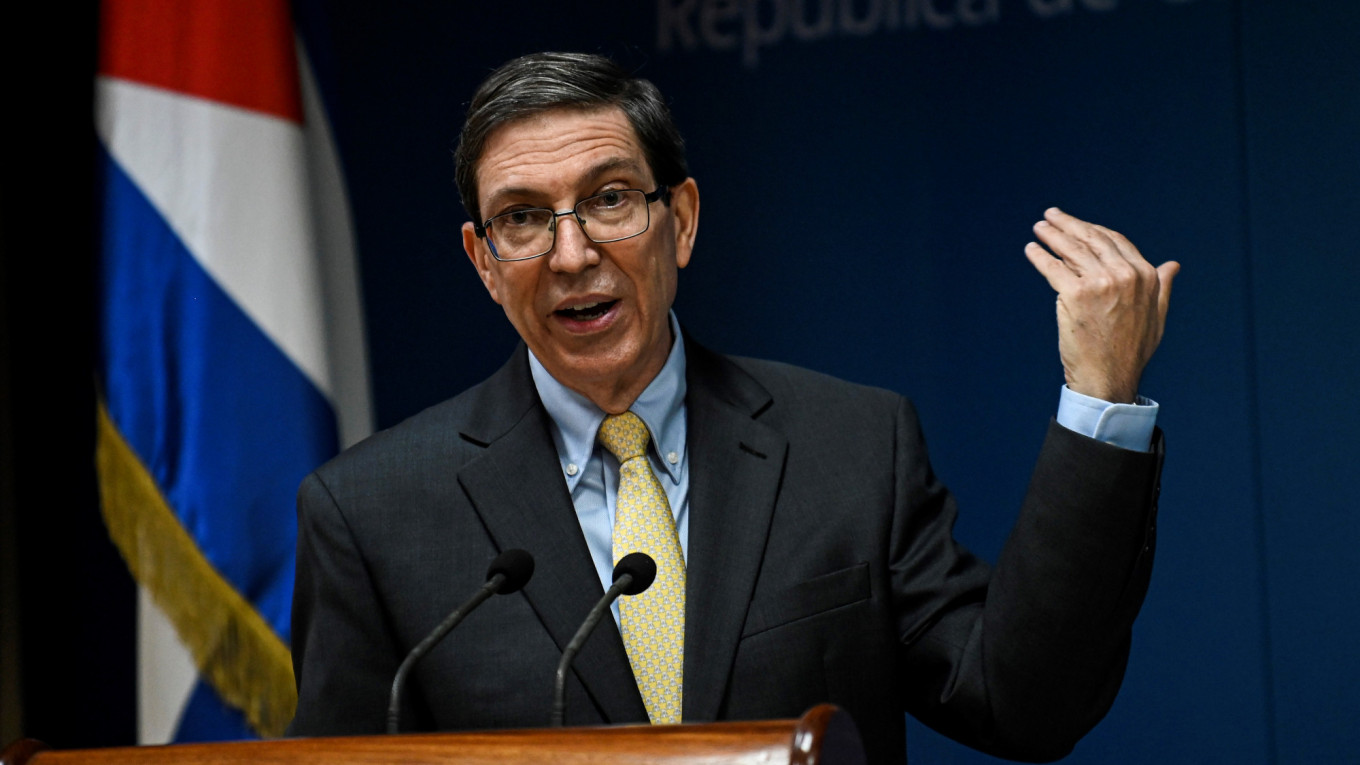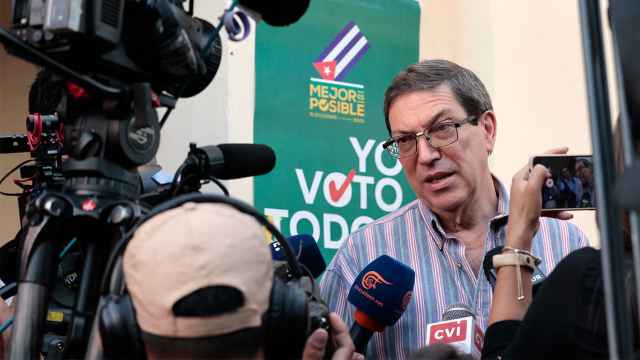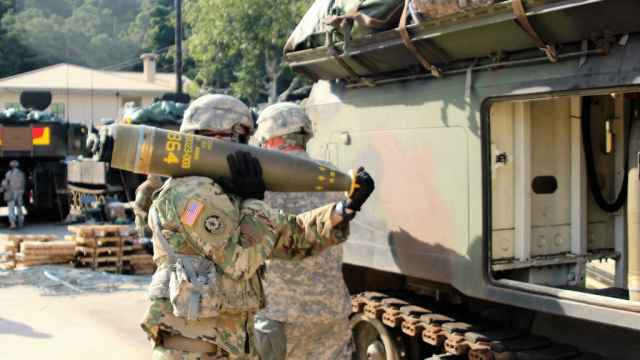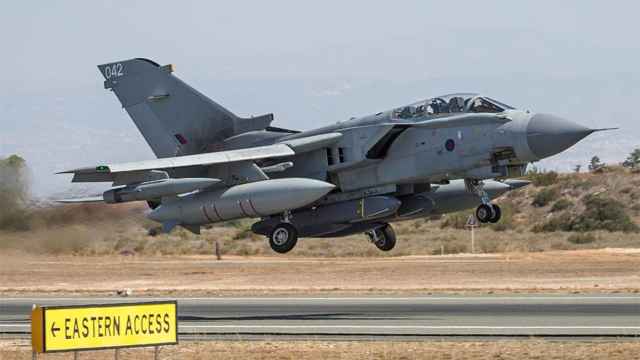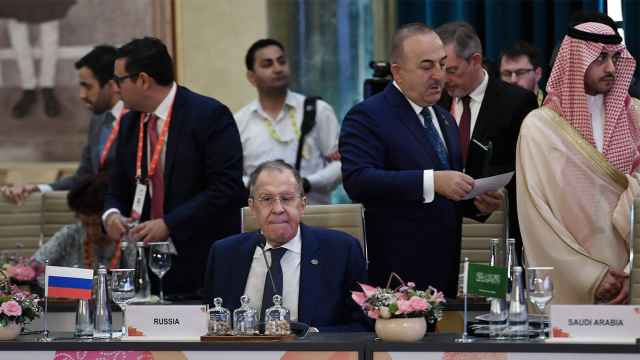Cuba’s Foreign Minister and Ambassador to Russia have issued conflicting statements about Havana’s stance on its citizens taking part in Moscow’s war in Ukraine.
The clashing remarks follow Cuba’s arrest last week of 17 people suspected of having links to an illicit Russian trafficking and recruitment network for what the Kremlin calls its “special military operation.”
“The unequivocal and unswerving position of the Cuban government, in accordance with its national legislation, is contrary to the participation of Cuban citizens in conflicts of any sort and against mercenarism and trafficking in persons,” Cuban Foreign Minister Bruno Rodriguez said late Thursday.
Hours earlier, Cuba’s Ambassador in Moscow Julio Antonio Garmendia Pena told Russian state media that his government does not oppose Cubans’ participation in the conflict as long as it is “legal.”
He noted that the 17 people arrested last week were Cuban citizens who “sought to make money under the pretext of an important issue like a military operation and relations between our countries.”
“We’re talking about bad people,” the Cuban diplomat told the RIA Novosti news agency.
“We have nothing against Cubans who just want to sign a contract and legally take part with the Russian army in this operation. But we’re against illegality,” he added.
Cuba was among the 32 UN members to abstain in this year’s General Assembly vote demanding Russia’s withdrawal from Ukraine. The UN resolution was supported by 141 countries and rejected by seven.
Cuba was an important Cold War ally of the Soviet Union after relations with the U.S. soured in the wake of the 1959 Cuban Revolution. The communist Latin American nation came to rely heavily on Soviet aid, and its students flocked to Russian universities.
Moscow has continued to have good diplomatic relations with Havana since the 1991 collapse of the U.S.S.R.
Historical ties and visa-free travel between the countries have made Russia a popular destination for Cuban migrants.
A Message from The Moscow Times:
Dear readers,
We are facing unprecedented challenges. Russia's Prosecutor General's Office has designated The Moscow Times as an "undesirable" organization, criminalizing our work and putting our staff at risk of prosecution. This follows our earlier unjust labeling as a "foreign agent."
These actions are direct attempts to silence independent journalism in Russia. The authorities claim our work "discredits the decisions of the Russian leadership." We see things differently: we strive to provide accurate, unbiased reporting on Russia.
We, the journalists of The Moscow Times, refuse to be silenced. But to continue our work, we need your help.
Your support, no matter how small, makes a world of difference. If you can, please support us monthly starting from just $2. It's quick to set up, and every contribution makes a significant impact.
By supporting The Moscow Times, you're defending open, independent journalism in the face of repression. Thank you for standing with us.
Remind me later.


